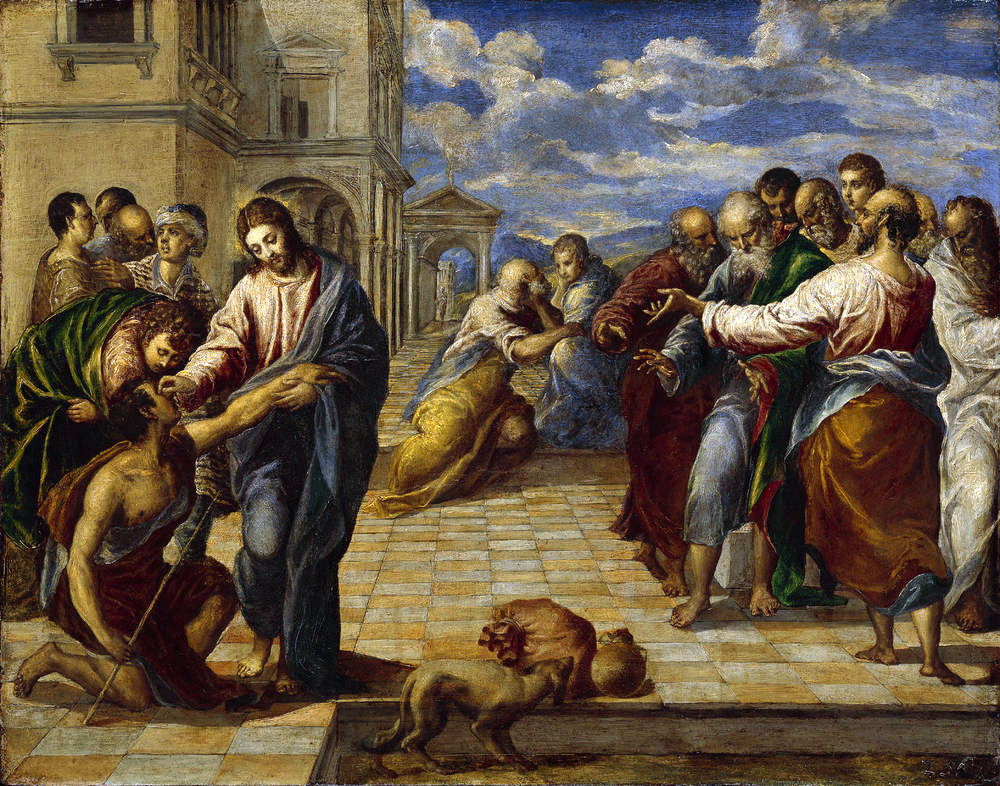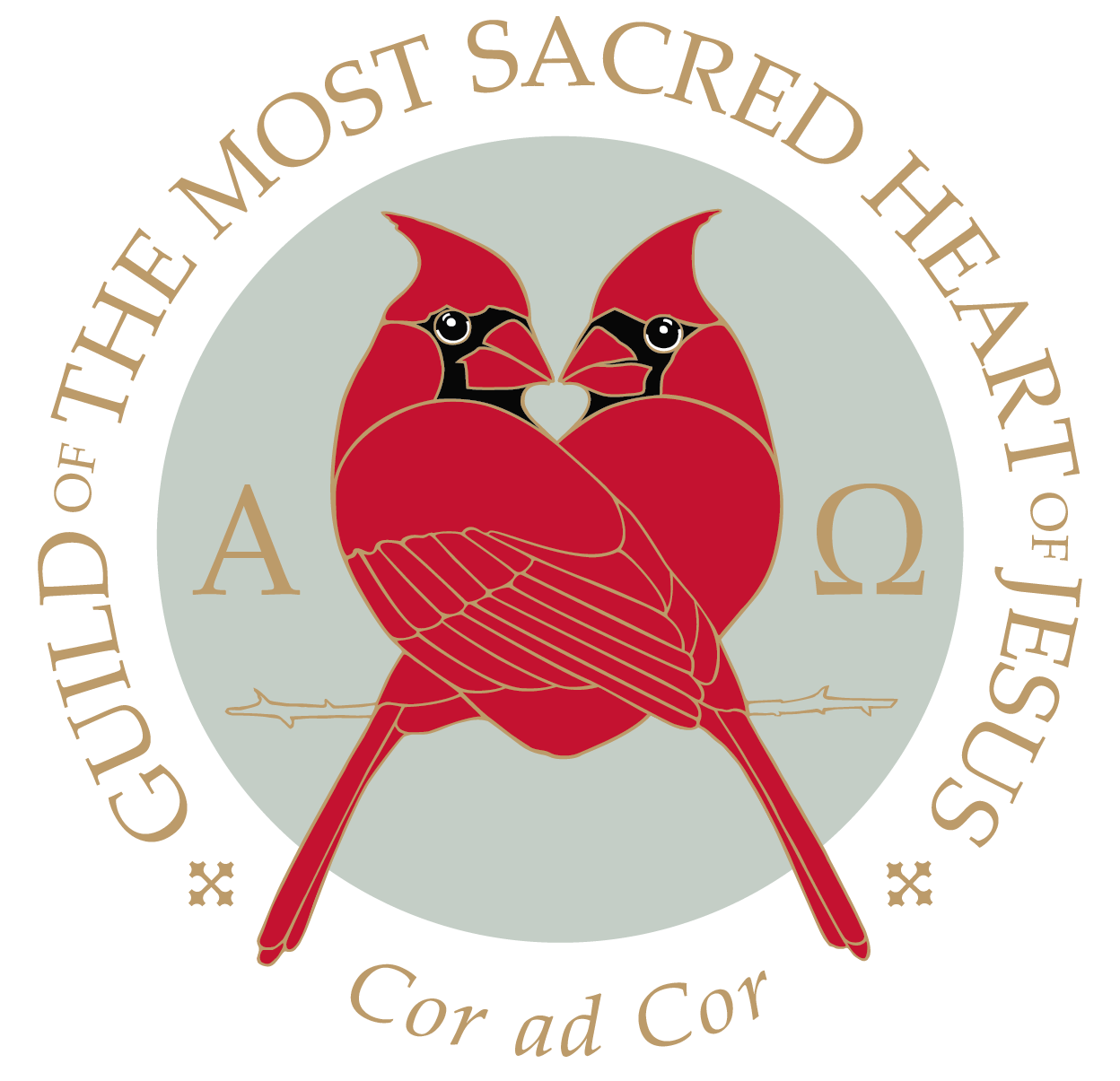
|
“Hear now, is it my way that is unfair or rather your way is not unfair?” We can see an illustration of those ways when we consider the story of the healing at the pool of Bethesda: because what is noticed about the healing? Nothing. We see the man who is in need of being healed. He wishes to walk, has been there 38 years and he has been put into a class of people that hang around the pool of Bethesda. When he actually is able to take up his mat and walk, no one even notices, and they rebuke him for walking and taking his mat on a Sabbath, completely ignoring the fact that he has been healed from what had put him there in the first place.
“Is it my ways that are unfair, House of Israel, or is your ways that are unfair?” He had been put into a category and the category was disabled and, therefore, ‘sinner’, and he couldn’t get out of the category even if he had, in fact, been healed.
That is the approach to sin that we tend to use when we judge other people. We don’t give them a second chance. We put them into a particular category. Even if God heals them, even if they take up their mats and walk in our presence, we still consider them as they were before. We have kept them in their sins.
“Is it my ways that are unfair, House of Israel, or rather, is it your ways that are unfair?” Many times, we deal with the question of sin by trying to find ways around it. We’re seeing at the moment in a public discourse in the Church regarding what’s called the Primacy of Conscience. That is one of those trendy theological ideas that sprung up when people had too much time thinking about things and not enough time actually doing pastoral ministry.
What Primacy of Conscience suggests is that, in some way, conscience is a sweep over of the entire moral law. It is true – you must obey your conscience. It is true in the moral law that we are obliged to follow our conscience, whatever our conscience dictates, but that means that we are obliged to follow it even if it is wrong.
Following one’s conscience does not mean the moral law does not exist. What it means is actually even more grave and serious. You and I are individually responsible for forming our conscience well. If our conscience is not formed well and does not give us the guardrails in our life so that we fall into sin, then we may be to blame, not just for the sin, but also for not forming our conscience accurately and adequately. The so-called Primacy of Conscience is not an answer to the structures of the moral law.
What is an answer to the structures of the moral law is that our God is merciful. Being a sinner, even a great sinner, is not the end of the story for God. So frequently it is the end of the story for man. But for God, you see, when somebody falls into sin and even into great sin, God is waiting and giving every opportunity for that person to be reconciled. That is God’s way, so that even with great iniquity, we can be restored, we can be healed, we can have our palsied limbs made new.
That is the difference, the distinction between God and man. In a way, it is not the right way to look at the whole structure of the moral law, seeing whether mortal or venial, and thinking that if I fall off the ledge into sin, that’s the end of the story with regards to my relationship with God. It is not, it just puts it into a different phase. If you fall into sin and lose God’s friendship, it doesn’t mean you lose God’s love. They are two different things. God is loving towards sinners and desires nothing more than they turn from their wickedness and live.
The relationship with God is what changes. When we are in God’s friendship, we receive grace and we respond to His promptings almost naturally. If we fall into sin, there’s much more effort required in order to reverse that course and we are blinded to the promptings of God’s grace, which is why we take care not to fall into sin in the first place. But when we do, we are not rejected. We’re not put into a category of sinner and left there. Instead, God comes and heals us and sometimes in ways which break the rules.
PRAY
